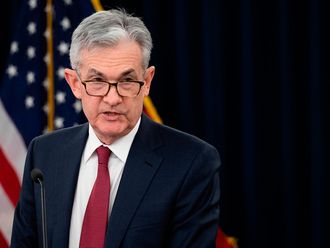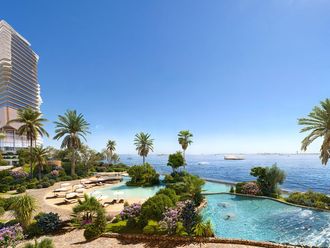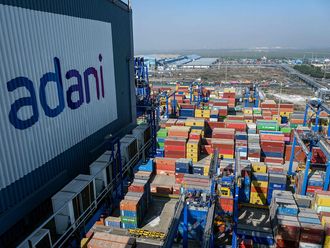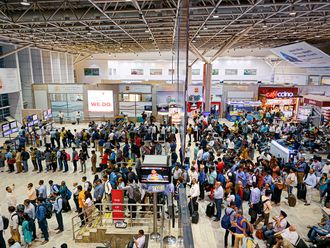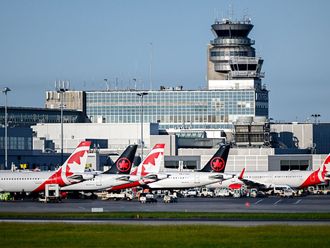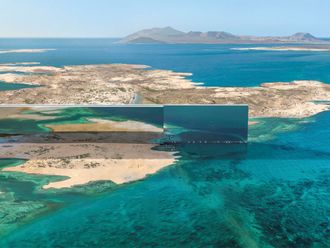Dubai: The Dubai Mercantile Exchange would consider feedback from energy producers on creating a futures market for the purchase and sale of liquefied natural gas to Asia.
"It makes sense to have an East of Suez LNG futures market," Chief Executive Officer Thomas Leaver said at a conference in Abu Dhabi yesterday.
The exchange wanted to gauge market interest and hadn't yet been approached by LNG producers or buyers about setting up a futures contract, he said.
The Dubai exchange is attempting to establish its Oman crude futures contract, which allows investors to trade at market prices and receive physical deliveries of the oil in Oman, as the price benchmark for Middle East shipments to Asia.
Pipeline exports
The exchange has discussed with Russian crude suppliers the possibility of using the Middle Eastern bourse as a benchmark to price pipeline exports to Asia, Leaver said.
Russia exports crude through a Siberian pipeline that carries oil to the country's Pacific coast for transport to Asia.
Leaver said he is targeting members of the six-nation Gulf Cooperation Council to switch to the Oman contract as a benchmark.
Council members are Saudi Arabia, Kuwait, the United Arab Emirates, Qatar, Oman and Bahrain.
Attracting more countries to base their pricing on the exchange's contract may increase the volume of futures traded, moving away from Dubai oil prices published by Platts, the energy-information division of McGraw-Hill Cos. At stake is the ability to set prices for about 14 million barrels a day of oil exported to Asia.
Increased trading in LNG cargoes on the spot market and greater divergence in oil and gas prices could create a need in the market for a futures contract for the fuel, Leaver said.
More than 20 per cent of all LNG may be traded on a spot basis by 2012, giving the liquidity needed to support an LNG futures market, he said.




